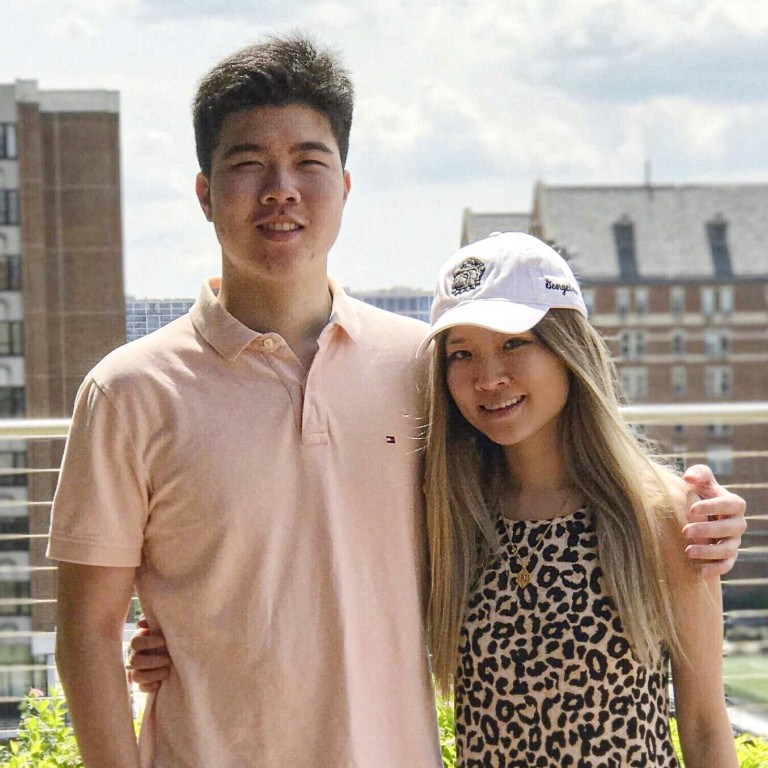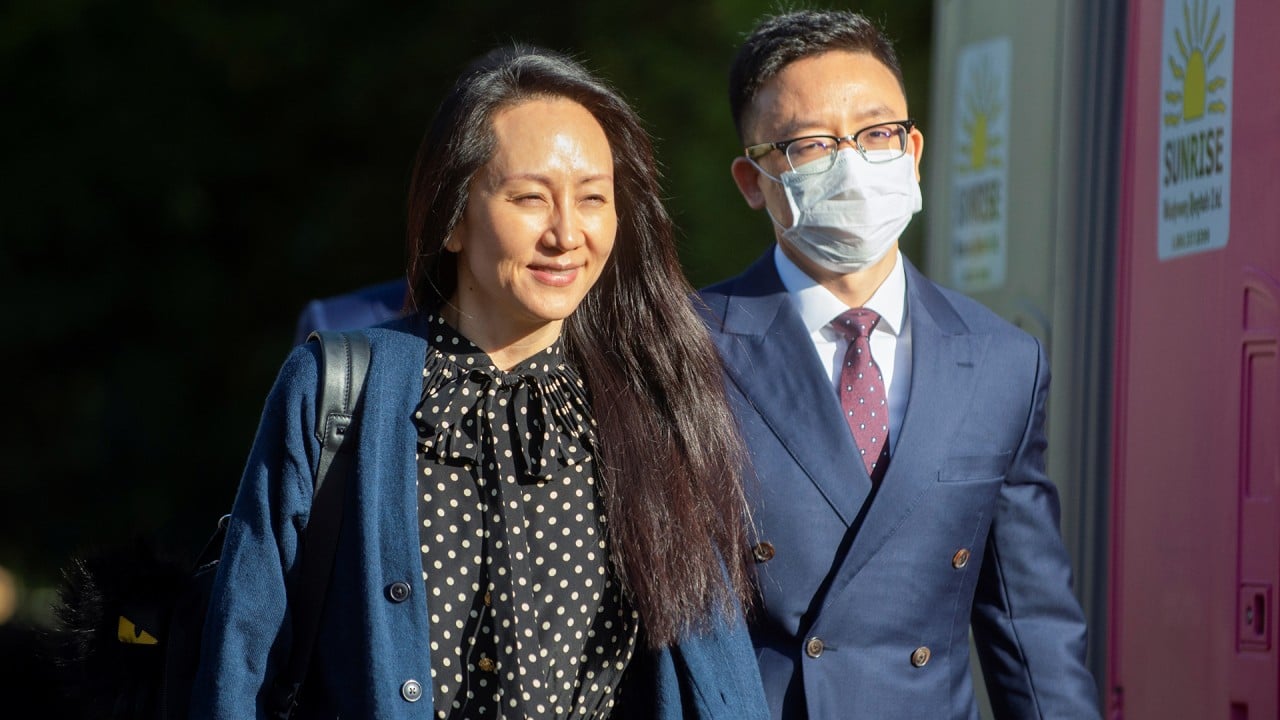
US siblings Victor and Cynthia Liu finally leave China as exit ban is lifted
- Prevented from leaving since 2018 visit, they were allowed to fly home hours after deal to shelve US fraud charges against Meng Wanzhou
- ‘We oppose the use of coercive exit bans against people who are not themselves charged with crimes,’ US state department says
The American siblings, Victor and Cynthia Liu, landed back in the United States on Sunday after flying from Shanghai on Saturday, ending a three-year limbo imposed by an “exit ban” from the Chinese authorities.
Neither Liu sibling had been accused of wrongdoing, but they were prevented from leaving China in June 2018 following a visit to the country – a move their lawyers said was designed to pressure their estranged father to cooperate with police in a fraud case. The US state department confirmed their return home.
“We oppose the use of coercive exit bans against people who are not themselves charged with crimes,” the department said. “We will continue to advocate on behalf of all American citizens in [China] subject to arbitrary detention and coercive exit bans.”

03:08
China sentences Canadian businessman Michael Spavor to 11 years for spying
In a 2019 video aired by US media, Cynthia Liu had said her father had “abandoned my family many years ago”. “We are not in touch with him, nor do we have any way of contacting him,” she said.
After their 2018 trip to China, Victor Liu had been about to start his second year at Georgetown University and Cynthia was to begin working at consulting firm McKinsey & Company in New York.
Their return home came only hours after the US justice department dropped its extradition request to Canada for Meng, the daughter of Huawei’s founder, allowing her to leave Vancouver and fly to China on Saturday. Her arrest on bank fraud charges had been seen in China as the US seeking to suppress Chinese companies such as telecoms giant Huawei.
Meng’s arrest at Vancouver’s airport in December 2018 triggered a three-year saga that sent relations between Beijing and Ottawa into a nosedive, and strained an already intensifying strategic rivalry between China and the US.

03:41
Meng Wanzhou returns to China and Canadians freed after US court reaches deal with Huawei CFO
US and Canadian officials have repeatedly raised concerns about arbitrary detention in relation to the two Michaels and US citizens detained in China in recent months. Chinese officials also made the release of Meng one of the key conditions they issued to the US in July for repairing the countries’ relations, when US deputy secretary of state Wendy Sherman visited Tianjin.
The case of the Liu siblings had spurred the introduction in April of US legislation to hold Chinese officials accountable for exit bans preventing American citizens from leaving China, including denying or revoking visas for those involved.

